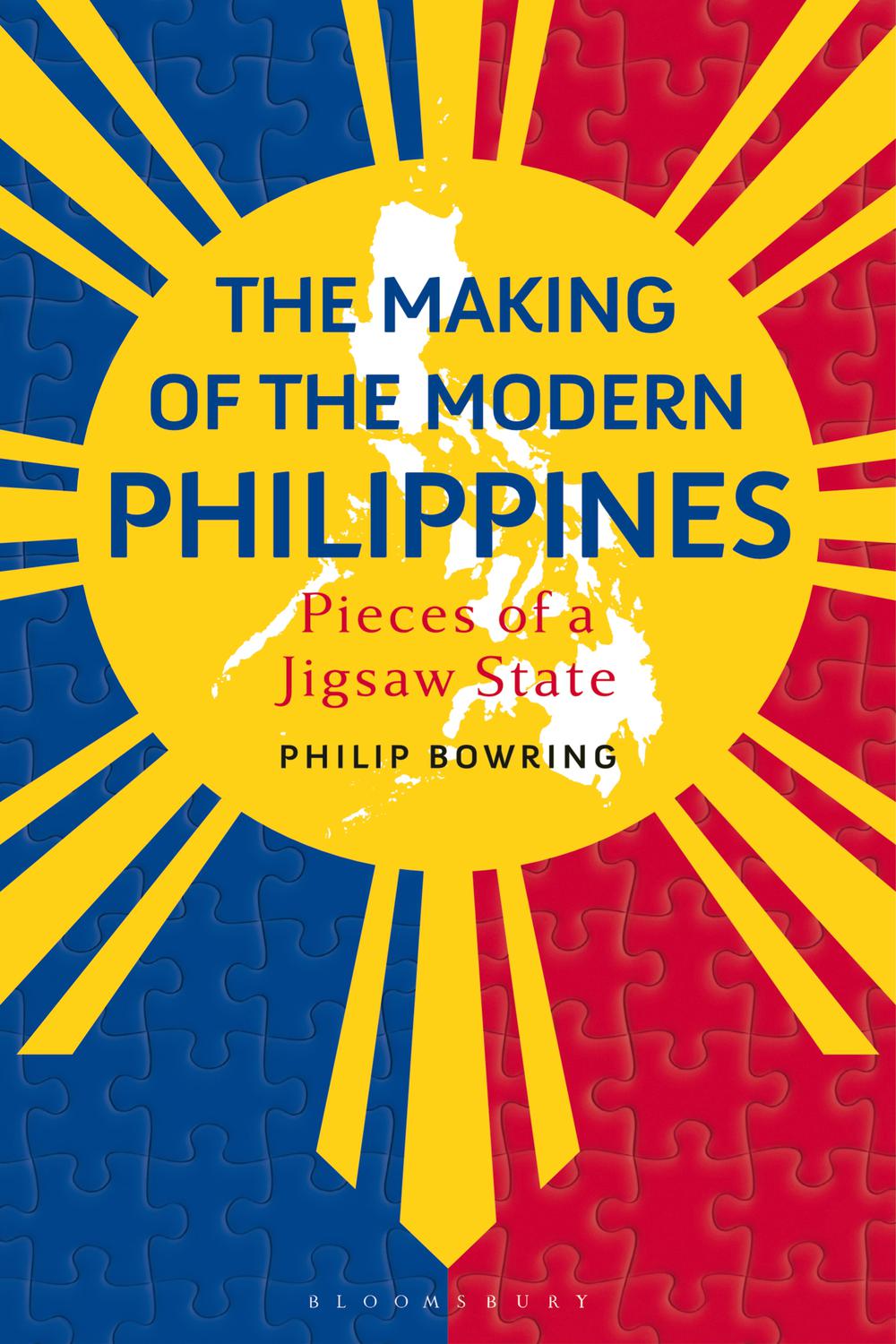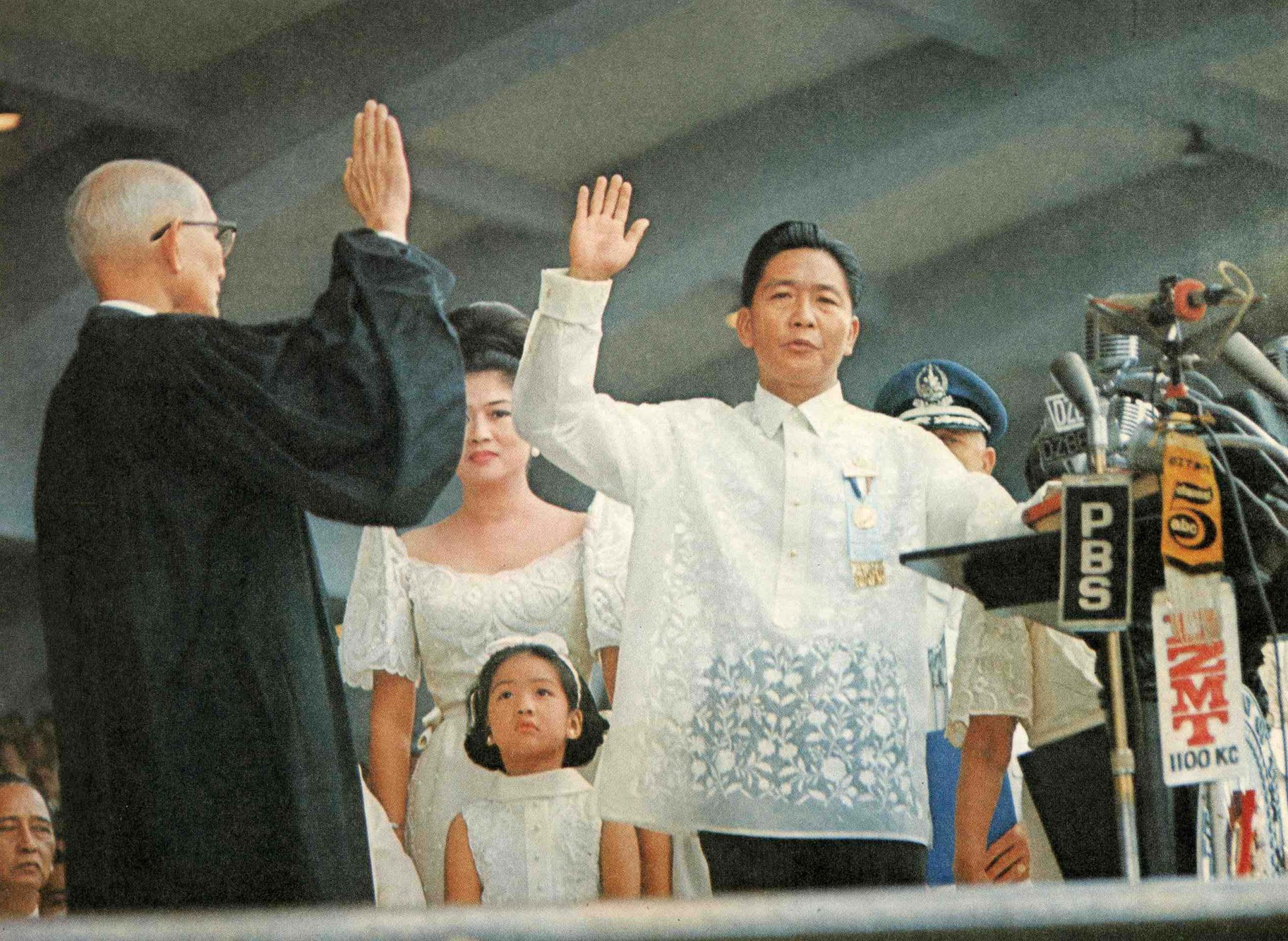Philip Bowring’s The Making of the Modern Philippines is a piece of armchair-research that betrays his naivete
I knew I was in for a rough ride when I opened the dust jacket of this book and read the second sentence on the flap, which informs the reader that the author will demonstrate how the Philippines, ‘[k]nown mostly for natural disasters, migrant labour and dictatorial presidents’, is in fact ‘much, much more’. Though I tried not to let this condescending tone put me off, further reading only indicates that these words accurately foreshadow the author’s white-saviour- complex approach to enlightening the world on the mysteries of the Philippines.
Bowring is an English journalist, born during the Second World War. He is the former editor of the Far Eastern Economic Review and has contributed to titles including the South China Morning Post and Wall Street Journal, and founded The Asia Sentinel. Though clearly competent and in-touch with current events, Bowring maintains some sort of delusional and colonial superiority in his ambition to solve the puzzle of the Philippines, despite never having lived there. While there is some merit in consolidating research across the field into a single resource, Bowring offers backhanded compliments to those from whom he learns: ‘It is a puzzle to reflect on the contrast between the intelligence and civility of people… and the poor standard of government of the nation’. While anyone who has ever read anything about the Philippines can recognise the country’s corrupt government, to indicate surprise at its people’s manners is another obsolescent jab.

Bowring’s preface and introduction indicate he wrote this book during the pandemic and relied heavily on original research by Filipinos, such as Patricio Abinales and Donna Amoros’s State and Society within the Philippines (2017) and Luis Francia’s A History of the Philippines (2010), to develop his text; yet he misses important works like Richard Manapat’s landmark text Some Are Smarter than Others (1991) that exposed Marcos’s crony kleptocracy. Even his ultimate thesis – that the country needs better infrastructure, a more honest government and less dynastic politics to improve itself – is glaringly obvious. The book offers nothing not already written elsewhere, while still suffusing this information with patronising prejudices from another era, such as, ‘As a nation, the Philippines needs to be taken more seriously by itself as well as outsiders’. The implication here is that Bowring’s book intends to galvanise this seriousness, but the fellow Filipinos I’ve encountered – from across the political spectrum – have generally been serious about themselves as a nation.
Bowring’s armchair-research presentation further betrays his naivete, missing important nuance largely for the sake of remaining journalistically impartial. It oscillates between regurgitated historical revisions (largely uncovered by Filipinos), harmful canonical understandings and occasionally convoluted facts – all while lacking cultural precision and real sympathy. In Chapter 6, Bowring writes that Ferdinand Marcos’s ‘failure is best defined not by his democratic or elite critics, but by comparison with his autocratic peers’, and proceeds to contemplate the economics of Indonesia’s Suharto and South Korea’s Park Chung-hee against that of the Philippines. Bizarre comparison of who was the better dictator aside, this equating of Marcos’s ultimate failure to an economic one – which I might see some merit in, had it been better qualified – callously ignores his crimes against humanity. Bowring barely mentions them at all, saying only that ‘extra-judicial killings during the Marcos dictatorship were few, quiet and targeted’ in relation to Rodrigo Duterte’s apparent spree during his presidency. While Marcos’s 3,257 murdered victims across 21 years is about a quarter of Duterte’s 12,000 across six (according to Human Rights Watch), Bowring’s brief mention makes it seem like Marcos’s killings were covert operations, when in reality they were blatant villainies with bodies dropped in the streets to incite fear and intimidation. The omission of these facts is either suspicious (particularly following the success of current Philippines president and son of Ferdinand Marcos’s revisionist campaign) or downright obtuse; either way, this text is not one I trust.
The Making of the Modern Philippines: Pieces of a Jigsaw State
by Philip Bowring, Bloomsbury Academic, £20 (hardcover)
